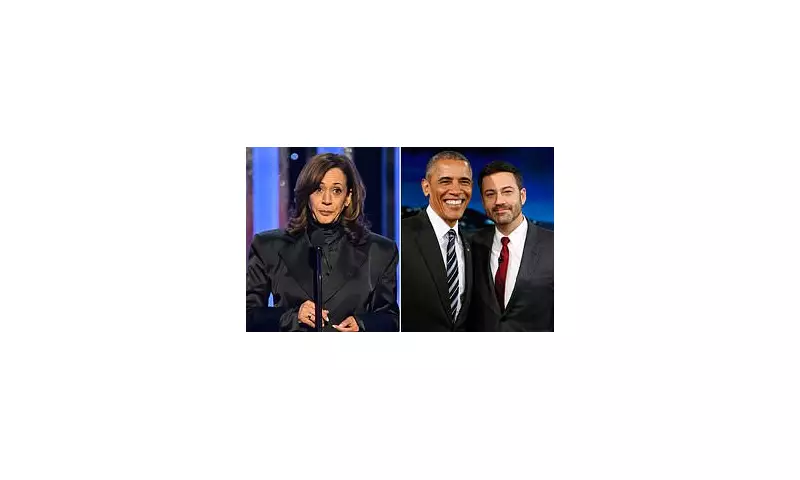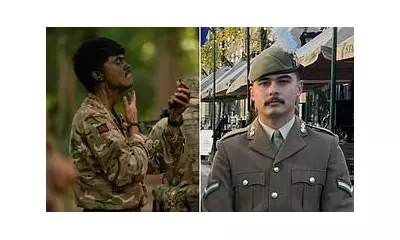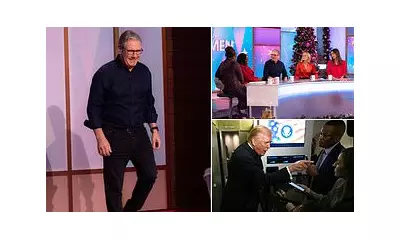
Explosive leaked audio has thrust former President Barack Obama and Vice President Kamala Harris into the centre of a raging free speech controversy, exposing a stark contradiction between their public pronouncements and private strategising.
The Damning Recording
The recording, obtained by the Daily Mail, captures a private discussion where the two Democratic leaders appear to advocate for increased social media censorship. This private stance stands in direct opposition to their long-held public positions as champions of the First Amendment and free expression.
A Pattern of Contradiction
This revelation is not an isolated incident. Critics were quick to point out a consistent pattern of behaviour. Barack Obama, while in office, frequently positioned himself as a defender of free speech. Similarly, Kamala Harris's public record includes strong statements in favour of protecting constitutional rights. The leaked audio suggests a significant disconnect between their rhetoric for public consumption and their actions behind closed doors.
Public Backlash and Accusations
The fallout was swift and severe. Political commentators and free speech advocates across the ideological spectrum condemned the revelations, labelling the behaviour as the height of political hypocrisy. Many accused the pair of attempting to manipulate public discourse by suppressing viewpoints they disagree with, all while wrapping themselves in the flag of constitutional rights.
The Broader Implications
This scandal touches upon one of the most critical debates of our digital age: the power of tech giants to control information and the role of government officials in influencing that power. The incident raises urgent questions about the integrity of public figures and the trust placed in them to uphold foundational democratic principles, regardless of political affiliation.
The leak promises to fuel ongoing debates about censorship, political transparency, and the very future of free speech in an increasingly online world.





